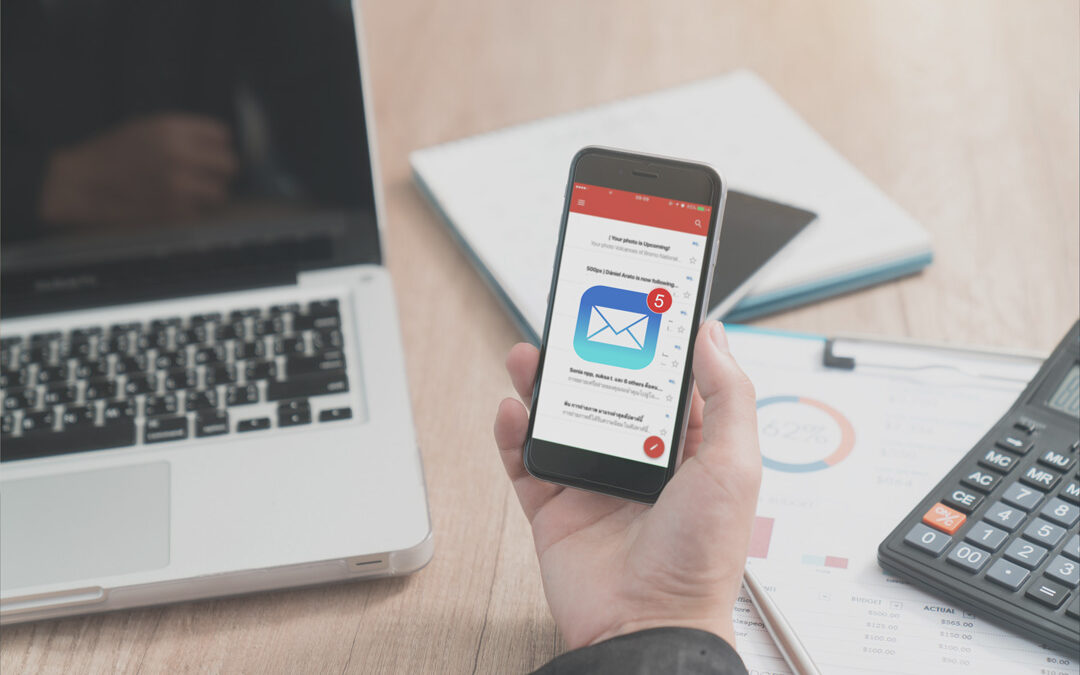
“EG Tips” – How to Beat Your Event Competition in 5 Easy Steps
- Own Your Niche
As any veteran event planner would say, it’s important to stand out from the crowd and act like a trailblazer in the events industry. Start by taking a look at other planners in your area of expertise. Who really comes to mind when you think of an amazing planner for weddings, or corporate events? Why do they come to mind? What have they done that has inspired you, and led them into a pattern of continued success?
In other words, find ways to create a splash for your planned events. Whether it’s by having new entertainment during each day of the event, or creating a cool themed experience for your attendees to be involved in, find ways to stand out from the herd of planners in your area of expertise and make them want to follow you! - Think Like a Strategist
Everyone has high expectations of events (not just the attendees and staff), so it’s important to stay innovative when planning events – especially to see a strong impact after the event. Innovation is a culture of it’s own. It’s a constant, non-stop rollercoaster for not only event planners to keep up with, but for all creative types.
Event planners need to think like a strategist. Brainstorm with your team on ways to rethink how to grow your events, and improve them. It’s all about taking the effort to review events you have planned, and finding ways to make them better. It can feel like a constant cycle when planning any event – so in what ways can you redo certain areas or details that have lacked for you in the past?
Maybe you have been super successful at communicating well with attendees. Look at all of the communication touch points you typically do for an event, and see if you’re killing it on all cylinders. If not, poke at little areas and tweak them so that you’re ready to rock at 100% for your next event. For example, you can step up your social media strategy by having a fun contest that begins before an event, and gets your attendees excited, or maybe hint at a fun surprise at the event to get everyone guessing about what it could be. The more engagement you have with attendees on a strategic level, the more involved you seem as a planner. Plus, what’s better than creating major buzz around your event? The more buzz and chatter you receive, the more well-known you become in the events world. The more creative ideas you toss into the ring, the more you look like an overall awesome planner anyone will want to work with.
- Make a Headline
Great event planners are known for what they do in the industry. Make sure you’re using your personal brand on a daily basis – whether by being active on social media, blogging, or doing interviews for news outlets. You want to get your name out there, and into headlines. Think like a newsmaker. How can you take your events brand to the next level? Try testing the waters by submitting articles about the events you have planned along with testimonials from clients and photos. You never know who may want to interview you and turn you into a star! The more engagement you have with attendees, the better your chances are of receiving praise and fame!
Remember to always stay professional, and know people will talk. Just like any other major brand, you’re representing yourself as a brand when planning events. You want to be known as the creative, innovative, fun, and professional planner everyone wants to work with
- Be Inspirational
Innovation can be a tough thing to accomplish when trying to beat your competition. Unless you’re finding ways to inspire audiences and keep them entertained, you may be falling flat in this area. You want to plan events where you’re influencing everyone from the attendees to the vendors, to even your own staff. This can be the toughest area to knock out of the park, especially with so many other planners challenging you with their fresh ideas. So, find something eye-catching and run with it.
For example, come up with a theme that really hits home for everyone attending your event. How can you ensure they are feeling like they are all apart of this theme each day of the event? Take a leap of faith, and test fun ideas – you never know, you may hit one way outside of the park! People expect the biggest and best ideas while attending an event, so never feel afraid to test a crazy idea and receive feedback.
- Blend Technology
Staying on top of technology trends is a must for event planners. New tech trends are key to use in order to keep your event looking fresh and on top of the curve. What new event apps are coming out soon? How can you blend digital with physical at your events? Start looking at ways you currently use technology at events, and brainstorm on how to take this up a notch. If your registration has been manual in the past, think about going digital to create a better, more seamless experience for your attendees. There’s nothing worse than standing in a long line to speak to someone on the events staff to register, when you could have done all of this at a kiosk or online before stepping foot in the venue.
In Conclusion
Being known as an innovative event planner is key to a long-lasting career in the events industry, and to look like a rockstar against your competition. It takes a lot of hard work, time, and inspiration to think creatively and implement innovative ideas at any event. Test, test, and test again all of your ideas – even if they seem silly, you never know who may love it and share your cool idea with thousands of others!
(Social Coup LLC)





Recent Comments